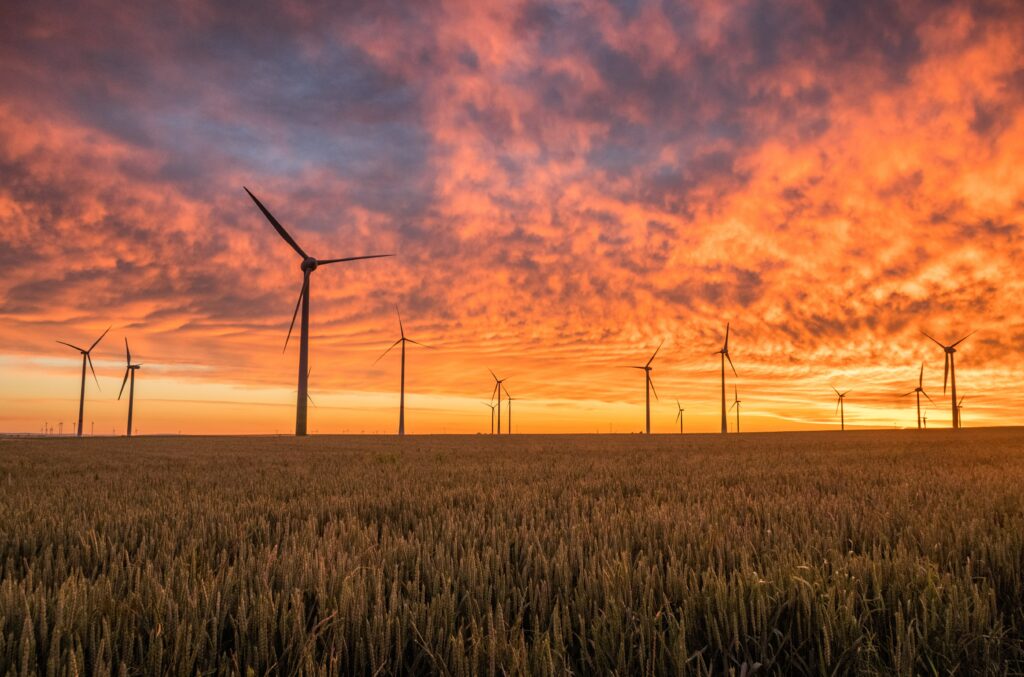
I said to my husband Bob this morning, “I’m hopeful we’ll win the Senate and keep the House.” (Yes, I’m a Democrat. Yes, by the time you get this I still believe I will be proven right.)
He shrugged, “I’m realistic. We’ll see.”
We laughed. That’s our dynamic–I hold tight to hope and he holds on to reality. We balance each other out.
As I’ve said many times, fighting doom and “there’s nothing to be done” is what motivates me to write this newsletter and stay engaged in climate activism. I believe in hope no matter what my Buddhist training says.
Yet the question is always:
How do we keep doom and despair at bay?
Two things I read this week suggested paying attention as a hopeful practice.
Rebecca Solnit writes in The New Statesman,
“As Julian Aguon, a climate activist from Guam, recently put it, indigenous peoples are those who “have a unique capacity to resist despair through connection to collective memory and who just might be our best hope to build a new world rooted in reciprocity and mutual respect – for the Earth and for each other. The world we need. The world of our dreams.
Aguon’s emphasis on collective memory tells us what the American theologian Walter Brueggemann has put another way: ‘Memory produces hope in the same way that amnesia produces despair.’ The past equips us to face the future; continuity of memory tells us we are both descendants and ancestors. Perhaps the astonishing changes of the past equip us to imagine that more lie ahead, and not to confuse the inability to imagine a future with the impossibility of having one.”
Memory produces hope.
That makes sense from a neurobiological perspective because it helps us overcome our persistent negativity bias.
But to have those memories, we have to pay attention to the good that is happening. And talk about it! The good climate news, the frequent and amazing wins that are happening regularly.
Then I read this article about the importance of paying attention to what is disappearing from our world.
“To be good future ancestors, we’ll have to actually change our cognitive habits and our tendency toward forgetfulness. We’ll have to turn memory into an organ of conservation — because without memory, there’s no chance of repair or restoration, rewilding or renewal.”
Turning memory into an organ of conservation means we must notice what is changing, disappearing, melting, diminishing but instead of turning these losses into fatalism, moaning to each other about how things will never be the same and there is nothing to do, we turn it into a call to action and hope.
Pay attention
to the changes we have created, the good that is happening to make a better world.
Pay attention
to the losses and all that goes with those losses
Love what is disappearing as fiercely as you do your people, your pets, your art, your life.
Do not turn away from the sorrow of the losses, don’t pretend it isn’t happening.
Notice.
And talk about what you notice with hope.
The world as we know is changing, has changed.
It’s true, it’s never coming back.
But we can still prevent so much suffering.
We can still create a better world.
Climate change is not a cliff, it’s a minefield and we can help each other safely back out.
If we have memory and attention to help us.
